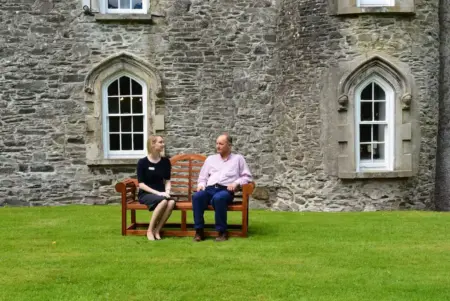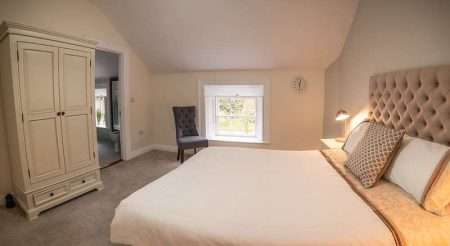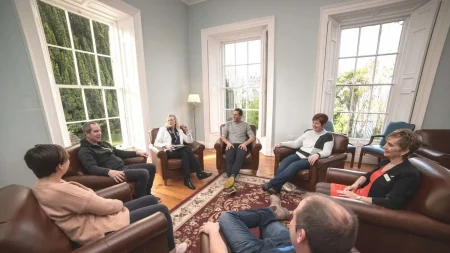Victoria McCann, BA, MSc, is Communications Director & Editorial Lead at Castle Craig and a member of the clinic’s founding family. With over a decade of experience in addiction treatment communications, she leads the creation of clear, compassionate content that supports patients, families, and healthcare professionals. Victoria is committed to reducing stigma around addiction and mental health, and brings strategic insight and lived sector knowledge to her work. She regularly attends and organises addiction treatment conferences across the UK and Europe, promoting high standards of care and best practice in the field. Victoria also works with the media to raise awareness and share informed perspectives on addiction and recovery. The Herald, The Times, BBC, STV, The Times, New York Post, The Guardian.
Exercise and Fitness For Addiction Treatment & Recovery
Whether you’re overcoming addiction to alcohol or drugs, or dealing with other mental health issues exercise can play an important role in your recovery. Incorporating a regular exercise regimen into your routine can help you regain energy and positivity for life in a way that you may not have felt for some time if your […]


